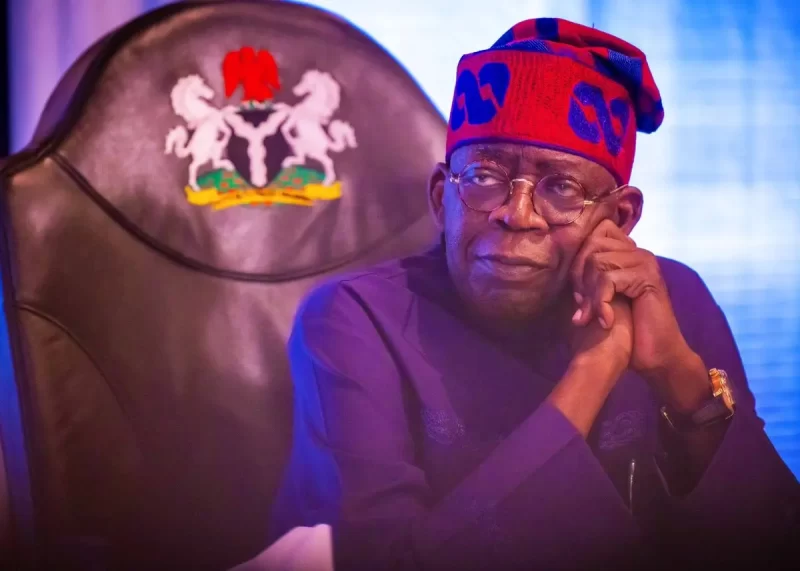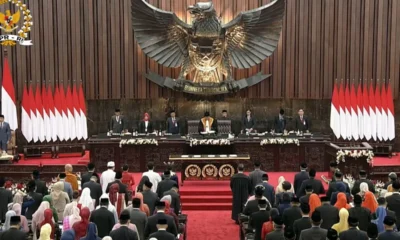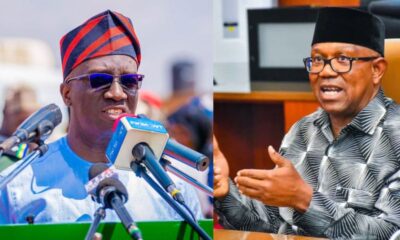Africa
Two Years of President Tinubu: Where Are the Results? -By Muhammad Umar Shehu
In the end, if Tinubu’s government truly had something to show, real measurable progress that improved lives, they would not be this rattled by a coalition. But the truth is, they are not worried about politics. They are worried about accountability. They are scared that the people might finally have a choice, and that choice could mean the end of a government that promised hope but delivered hardship.

It’s been two full years since Tinubu took over the reins of leadership in Nigeria, and frankly, there’s little to show for it. The promises made during the campaigns have either been abandoned or poorly executed. Nigerians were told to expect renewed hope, but what they’ve gotten instead is deeper economic pain and more confusion in governance.
Everywhere you turn, things seem worse than they were. The cost of living has gone through the roof, and basic necessities are now out of reach for many families. From food to fuel, prices keep rising while incomes remain stagnant. The hardship is real, and the people are tired of excuses. It is no longer enough to blame past governments. After two years, results should be visible.
On the economic front, the government keeps throwing around big figures and technical jargon, but these numbers don’t reflect in the lives of ordinary people. Businesses are shutting down, youths are leaving the country in droves, and unemployment is becoming even more widespread. There is no coherent plan that speaks directly to the everyday struggles of Nigerians.
Security, which was a major concern before this administration came in, has not seen any serious improvement either. Banditry, kidnappings, and communal clashes continue to plague several parts of the country. If anything, the situation has grown more complex, and there is no clear strategy from the top to fix it.
Education and healthcare have also been neglected. Public schools are in terrible condition, with underpaid teachers and overcrowded classrooms. Hospitals lack basic equipment and qualified staff. Citizens are left to fend for themselves, relying on expensive private services or simply going without care. These are core areas that define the strength of a government, and this one is falling short.
Meanwhile, the gap between the ruling class and ordinary Nigerians keeps growing. While those in power enjoy all the privileges, the people are left in survival mode. Instead of addressing this divide, the government remains caught up in power plays, protecting its image rather than facing reality.
Now, with nothing tangible to boast of, it is no surprise that the government appears shaken by the emergence of a strong coalition alliance. The moment that announcement was made, you could sense the panic. They know what it means. They know they have failed to inspire the confidence of the people, and that a united opposition poses a real threat.
Instead of rising to the challenge and proving their worth through action, they have resorted to attacks, distractions, and propaganda. But Nigerians are watching closely. This time around, people are more politically aware, more vocal, and more determined not to be fooled by empty speeches and photo ops.
In the end, if Tinubu’s government truly had something to show, real measurable progress that improved lives, they would not be this rattled by a coalition. But the truth is, they are not worried about politics. They are worried about accountability. They are scared that the people might finally have a choice, and that choice could mean the end of a government that promised hope but delivered hardship.
Muhammad Umar Shehu
Wrote from Gombe and can be reached via umarmuhammadshehu2@gmail.com


























